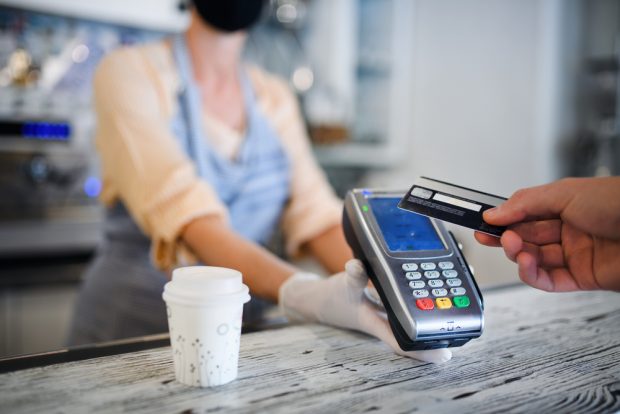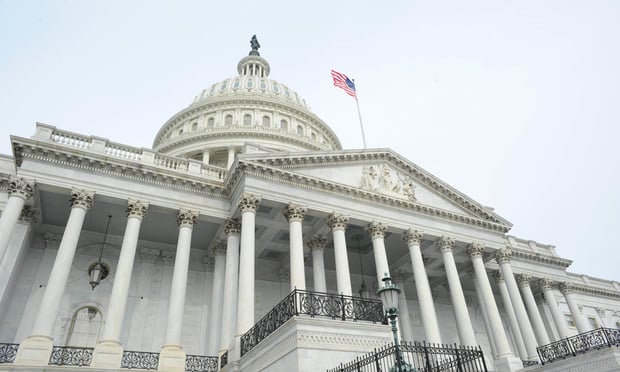 Credit/Shutterstock
Credit/Shutterstock
A NAFCU economist said Thursday that May retail sales were solid, but one payment CUSO said spending from their members showed signs of a "discretionary recession."
On Thursday, the U.S. Census Bureau reported retail and food services sales in May were 0.3% higher than April after adjusting for seasonal variations and trading-day differences. It followed a 0.4% gain in April.
Recommended For You
National retail sales were 1.7% higher than May 2022.
"While consumption remains under pressure from inflation and elevated interest rates, May's report suggests consumers remain resilient to tightening economic conditions, supported by a substantial stock of excess savings, a robust labor market and modest wage growth," NAFCU Economist Noah Yosif said.
 Noah Yosif
Noah Yosif "Its choppy growth seen earlier this year could soon become more consistent as inflation recedes further and the current tightening cycle peaks," he said.
The PSCU Payments Index report released Thursday by the St. Petersburg, Fla., CUSO showed weaker gains.
Using unadjusted Census figures to compare with unadjusted data from PSCU, Census found total retail sales excluding automobiles and parts rose 7.6% in May from a year earlier, while spending by PSCU-affiliated members fell 0.8% by credit and rose 1.6% by debit — half the reported debit growth from April 2023.
Denise Stevens, PSCU's chief product and digital officer, said despite inflation easing, consumer spending continues to slow, "indicating consumers are likely being more financially cautious."
 Denise Stevens
Denise Stevens "In May, credit card purchases experienced negative year-over-year growth for the first time since August 2020. While debit card purchases experienced positive growth, the softening trend is evident," Stevens said.
The PSCU report said consumer activity is showing signs of a "discretionary recession" with year-over-year growth in the services sector (up 7% by credit and 9%$ by debit) and pullback in goods (down 3% by credit and 1% by debit).
Beth Phillips, director of strategic portfolio growth at Co-op Solutions of Rancho Cucamonga, Calif., said the broader retail category has suffered over the past year, but discount stores remain a bright spot as consumers look for deals in their everyday spending to offset rising prices.
 Beth Phillips
Beth Phillips "Discounters like Target, which had flat sales in its latest quarter compared with prior year, are holding their own," Phillips said. "Shoppers are going to continue to look for discounts on the brands they value, as they wait for inflation to finally cool off."
Here are some comparisons by segment between the Census and PSCU reports:
- Grocery store spending rose 5.8% in May from a year earlier, Census reported. At PSCU, spending fell 1% by credit and rose 2% by debit.
- Gasoline spending rose 5.1% in May from a year earlier, Census reported. At PSCU, spending fell 18% by credit and fell 14% by debit. A gallon of gas cost $3.60 for the week ending June 12, down 28% from a year earlier.
- Spending at restaurants and bars rose 24% in May from a year earlier, Census reported. At PSCU, spending fell 1% by credit and rose 2% by debit.
The PSCU Payments Index was based on data from credit unions that have been processing payments with PSCU since January 2021. It encompassed 2.8 billion transactions valued at $143 billion of credit and debit card activity in the 12 months ending May 31.
© 2025 ALM Global, LLC, All Rights Reserved. Request academic re-use from www.copyright.com. All other uses, submit a request to [email protected]. For more information visit Asset & Logo Licensing.








